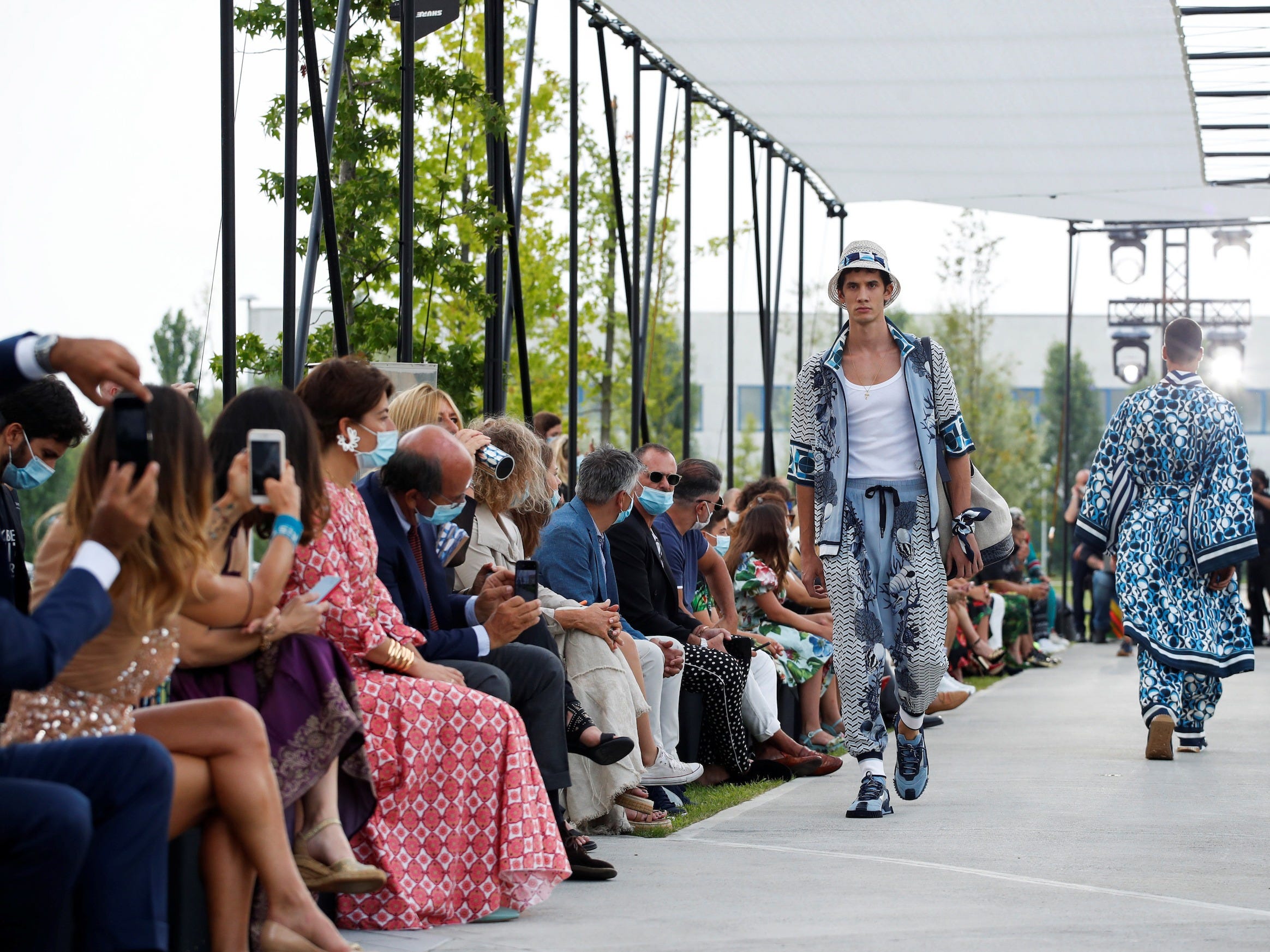- As the novel coronavirus continues to spread, some countries are putting their citizens on various forms of lockdown, though that’s not a technical term used by public-health officials.
- Most countries, including Spain, Germany, and South Korea, have started relaxing lockdown measures. The results have been mixed.
- More than 814,008 people have died and over 23,683,592 have been infected by the coronavirus worldwide.
- Visit Business Insider’s homepage for more stories.
Countries around the world are implementing measures to slow the spread of the coronavirus, from national quarantines to school closures.
Several countries (like Spain, Iran, Italy, Denmark, Israel, and Germany) that previously imposed restrictions are beginning to lift lockdown measures. But results have been mixed.
While “lockdown” isn’t a technical term used by public-health officials, it can refer to anything from mandatory geographic quarantines to non-mandatory recommendations to stay at home, closures of certain types of businesses, or bans on events and gatherings, Lindsay Wiley, a health law professor at the Washington College of Law, told Vox.
Here are the countries and territories that have implemented mandatory mass quarantines so far – and how some of them are beginning to open up.
After 102 days with no coronavirus cases in New Zealand, a new outbreak has led to increased lockdown measures.
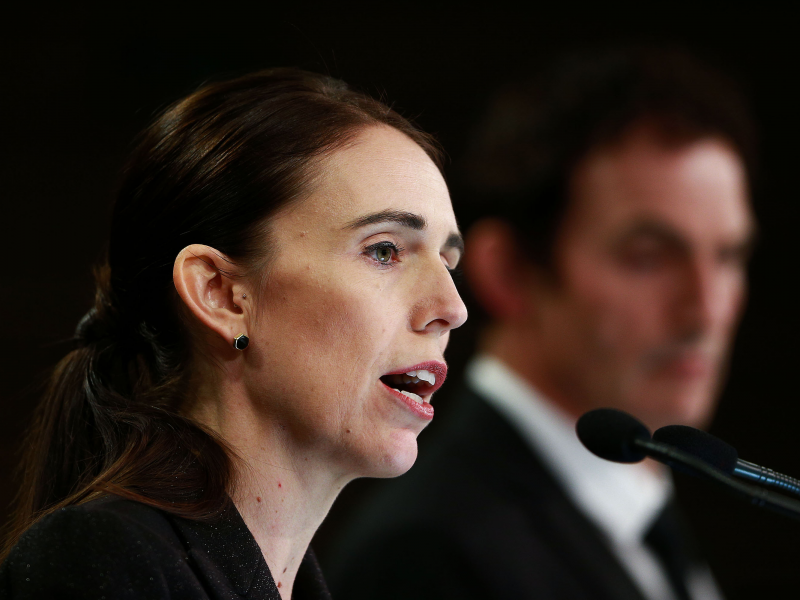
A stage three lockdown in the city of Auckland has been extended through Sunday, according to the Guardian.
The Guardian reports that 101 people in the city have been infected, and residents may only leave their homes for essentials.
"If it feels hard - that's because it has been," Prime Minister Jacinda Ardern said, according to the Guardian. "But let's also remember, in a world where 2020 has frankly been terrible, we are strong, we have been kind, and we are doing really well."
Germany is pausing easing restrictions further.
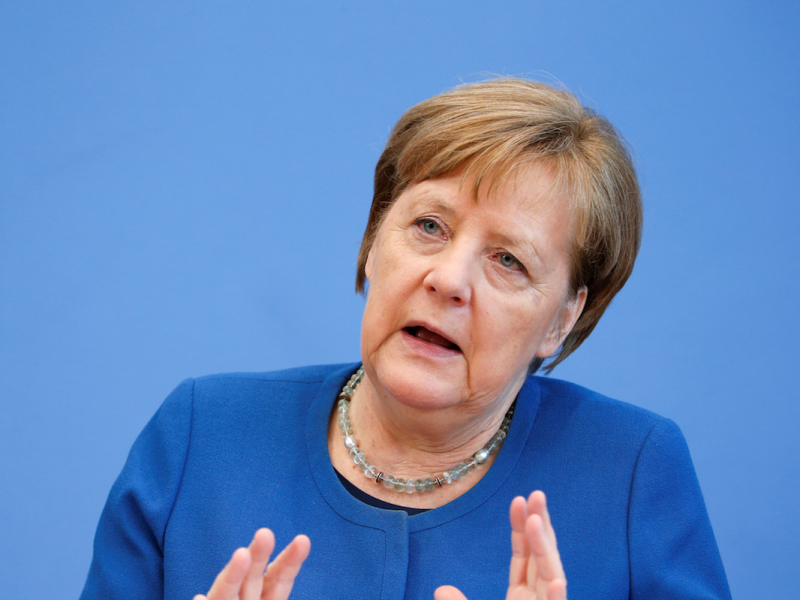
On August 18, Chancellor Angela Merkel paused easing restrictions any further as cases rise.
Schools there have reopened. While 38 schools in the capital of Berlin have had to set students and teachers home due to coronavirus cases, tests there have shown no evidence so far of anyone contracting the virus at school, according to CBS News.
Additionally, according to Reuters, the state of Bavaria did not initially inform 949 people returning from abroad that they tested positive for the coronavirus; two weeks after testing, they were able to track down 903 of them.
Oktoberfest is canceled.
India reopened many public spaces on June 8. Cases there trail only the US and Brazil, but some schools may begin to reopen on September 1.
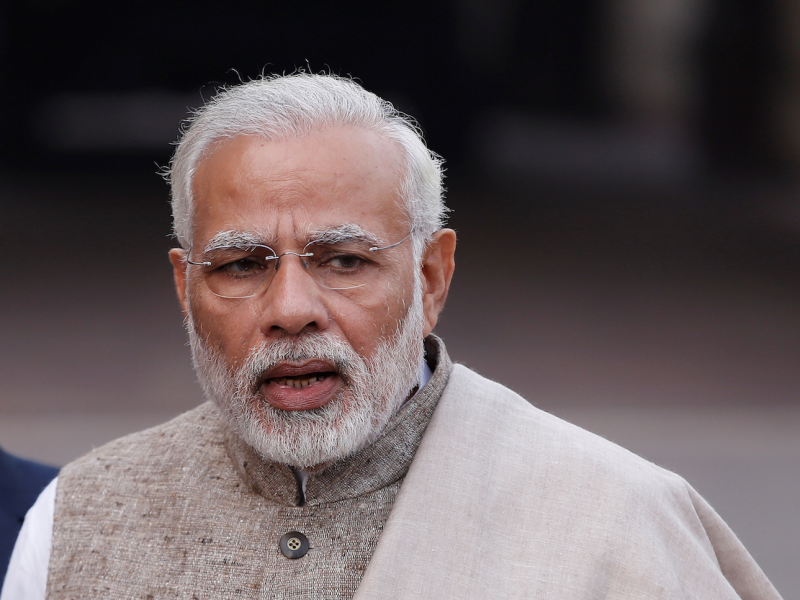
On June 8, restaurants, offices, malls, and places of worship could reopen, according to the BBC. Cases there trail only the US and Brazil in number of infections.
Schools may reopen on September 1 in phases, with seniors returning to the classroom first, the Times of India reports.
The Taj Mahal will remain closed for the time being, per the National Herald.
According to CNN, research from India's National Center for Disease Control "suggests that nearly one in four residents in Delhi have contracted the virus." The Scientific American writes that "India Is in Denial about the COVID-19 Crisis."
Domestic flights began to resume on May 25, Science Magazine reports.
Brazil's infection numbers have surpassed Spain and Italy, but President Jair Bolsonaro has not instituted a lockdown.
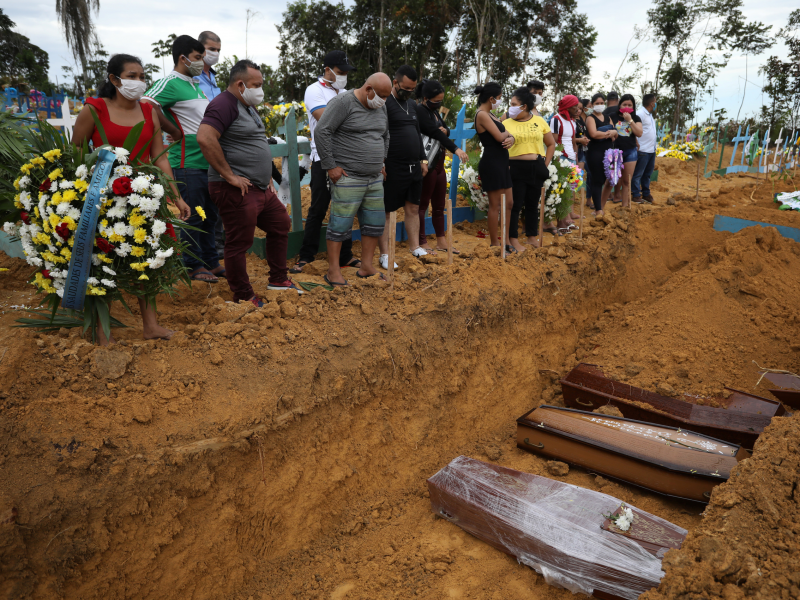
Brazil trails only the US in its number of infections and deaths.
According to Reuters, Indigenous protesters blocked a major highway on August 17 to demand better protections from the virus.
A group that represents over 1 million medical professionals has accused President Jair Bolsonaro of a crime against humanity and filed a complaint with the International Criminal Court, according to NPR.
Jair Bolsonaro has downplayed the pandemic and even encouraged anti-lockdown protesters - and he has argued with governors who imposed stay-at-home orders. A federal judge ordered him to wear a face mask in public. He later tested positive for the coronavirus; two other government ministers have also tested positive, according to NPR.
As of Tuesday, Brazil had 3,622,861 infections and 115,309 deaths.
While hit hard, Spain is beginning to reopen. It ended its state of emergency on June 21.
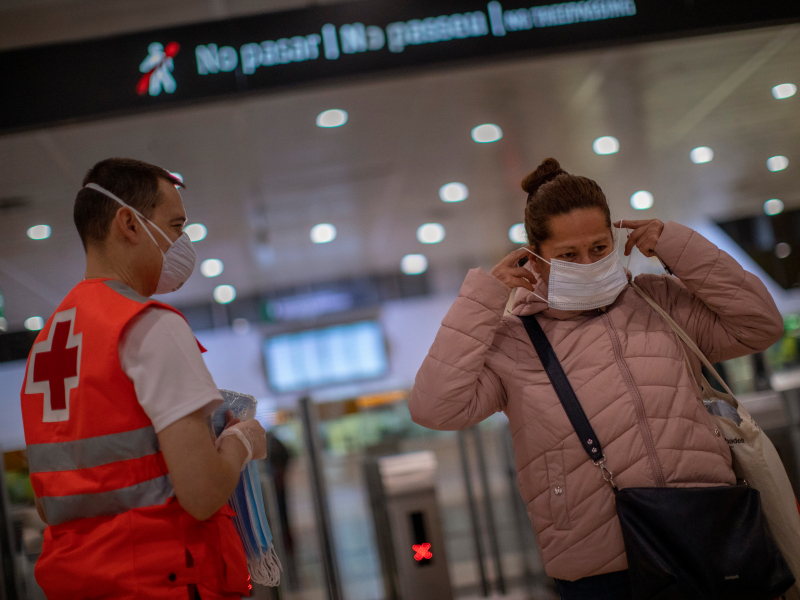
Spain, which was initially hard hit but had seen success in containing the virus, is seeing a new wave of infections.
According to NPR, nightclubs have now been closed, and restaurants and bars will have to close by 1:00 a.m. The Guardian reports that unions for primary care workers in Madrid warned that the system is on the "edge of collapse."
Protesters have demonstrated against new public mask mandates.
The country has had more than 28,872 deaths and 405,436 cases as of Tuesday.
In South Korea, restrictions tightened on Sunday following a rise in cases.
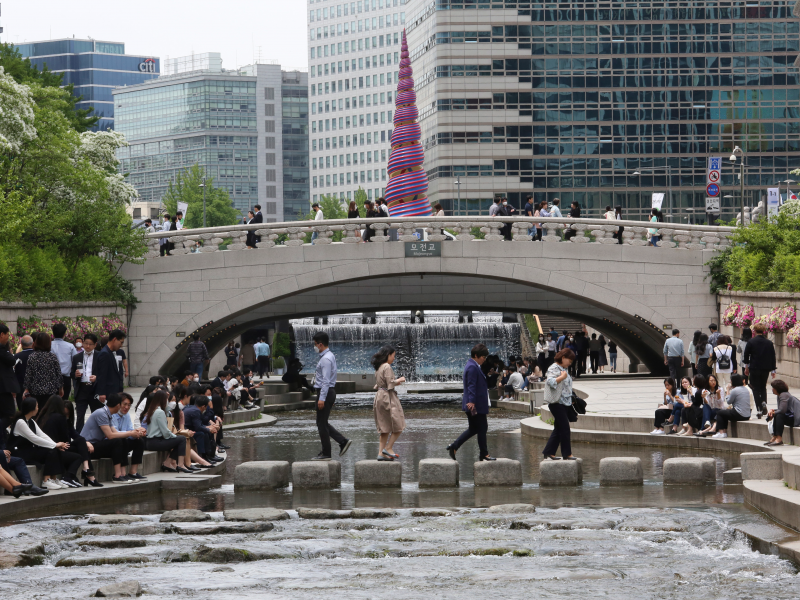
Nightclubs, churches, and buffet restaurants were ordered shut down on Sunday, according to Euronews. Sports teams can also no longer sell tickets to fans.
Schools fully reopened on June 8, with the oldest grades returning to the classroom. However, following the rise in cases, schools in Seoul have returned to remote learning.
Iran has begun to reopen its major highways and stores, as well as mosques.
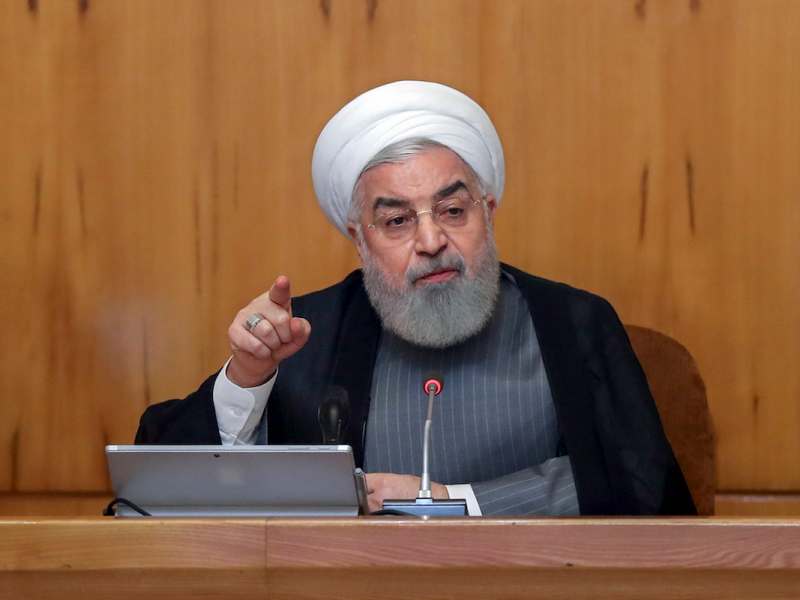
Iran, which was hit early with a severe coronavirus outbreak, has started to reopen its capital, major highways, and stores.
According to Yahoo News, an Iranian newspaper was reportedly shut down after quoting a former member of the country's coronavirus task force saying that the actual number of cases and deaths could be 20 times higher than official reports.
BBC News reports that indoor gatherings have been banned as the holy month of Muharram started on August 20, and some restrictions were reinstated in Tehran.
As of Tuesday, the country had 363,363 infections and 20,901 deaths.
Italy has introduced new measures for the first time since its lockdown ended.
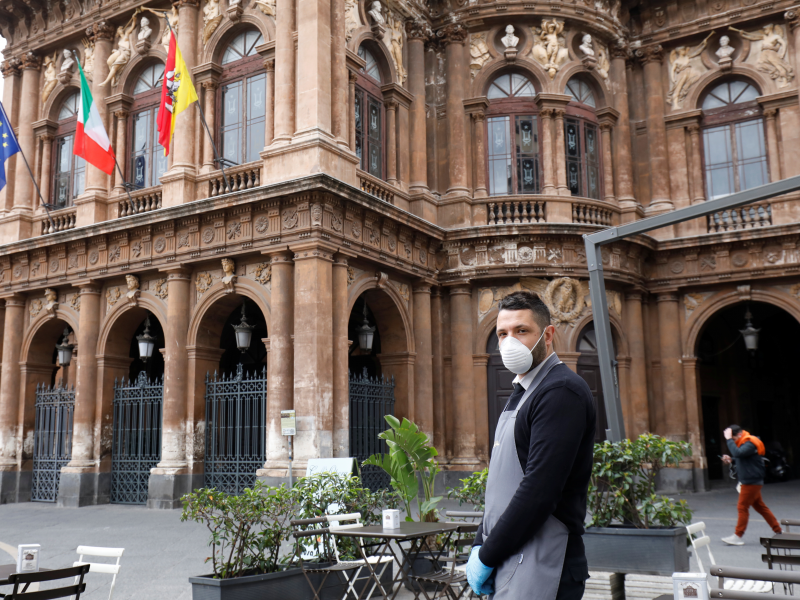
On August 17, Italy put in place new restrictions for the first time since exiting lockdown, the Washington Post reports.
Nightclubs will close, and those participating in nightlife will have to wear masks both indoors and outdoors.
However, the country's health minister said on Sunday that the government is not considering a new national lockdown, according to Reuters.
At least 260,298 people have been infected, and 35,441 have died from the coronavirus in Italy as of Tuesday.
In the UK, shops and retail reopened on June 15, and casinos and theaters are now able to reopen.
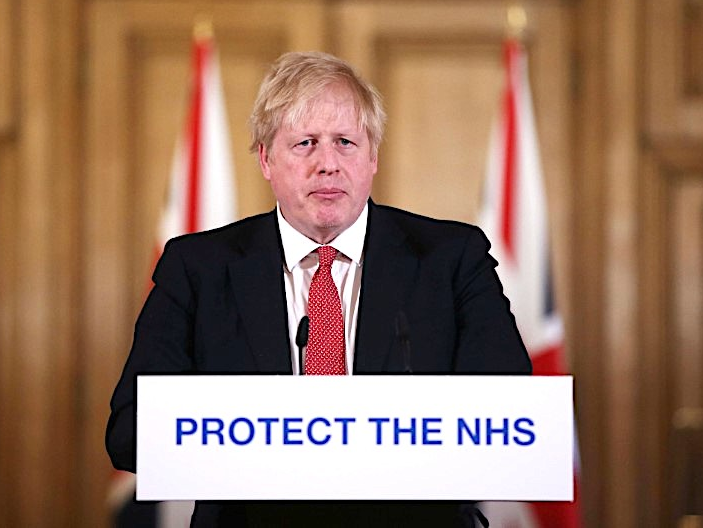
Bowling alleys, theaters, and casinos could reopen on August 15, according to the Guardian. Live music venues can also reopen.
Shops and retail reopened on June 15, drawing long lines. Pubs, restaurants, hotels, and hairdressers reopened on July 4.
Dentists could reopen on June 8. Primary schools and nurseries reopened on June 1, as well as outdoor markets.
Some schools will begin to reopen on Wednesday, according to BBC News.
Prime Minister Boris Johnson was hospitalized and spent three nights in intensive care for the coronavirus. He was discharged on April 12. "The NHS saved my life," he said.
Lithuania is turning its capital into an open-air cafe.
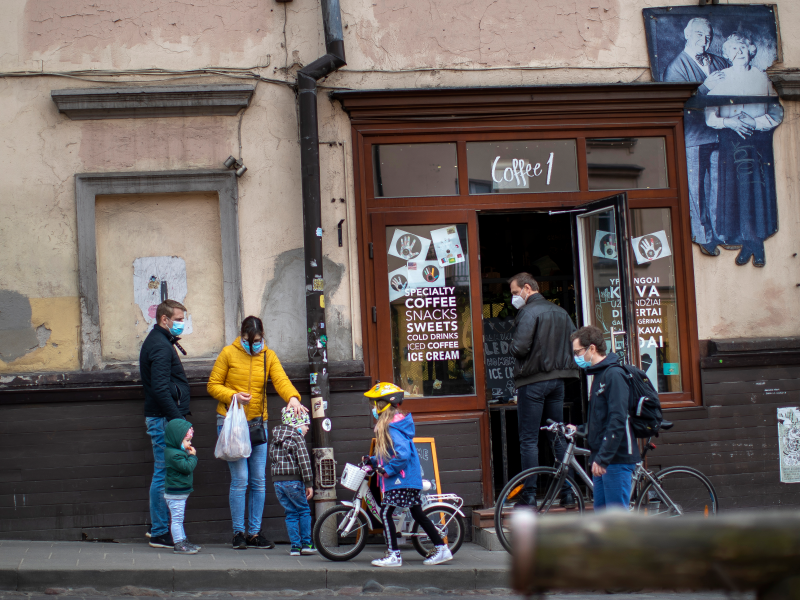
Shops, open-air restaurants, and malls are allowed to reopen. The country's capital, Vilnius, has been converted into an open-air cafe so that nearby restaurants can appropriately distance their tables, a measure that has been both praised and criticized by locals.
To ensure that social distancing is enforced for indoor dining, mannequins decked out in designer clothes have been placed at tables.
On March 30, Hungarian Prime Minister Viktor Orban gained the power to rule by decree indefinitely and suspended elections — which finally came to an end in June. The country has started to ease restrictions.
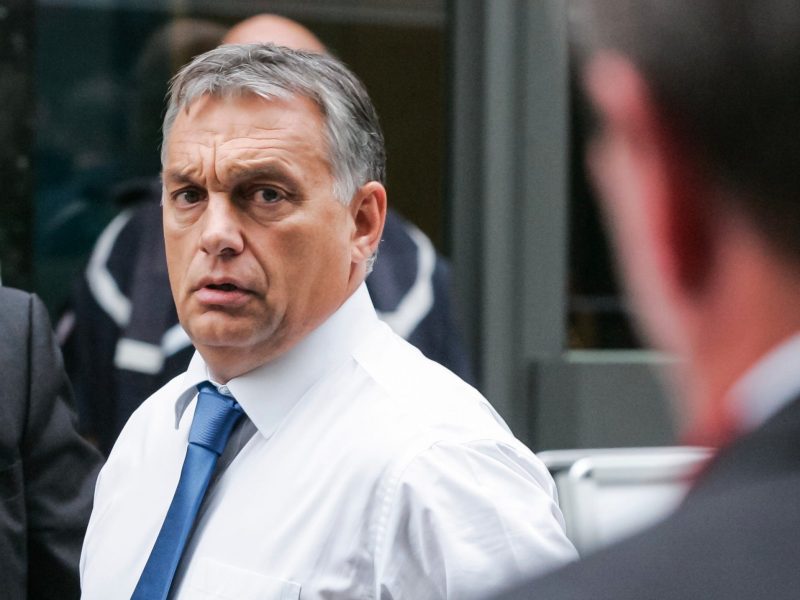
The bill was passed 137 to 53 in parliament. While opposition asked for a time limit, but the prime minister's ruling party was able to pass through the bill without changes. Those emergency powers were finally lifted at the end of June.
Business Insider's Ashley Collman reported that Orban has previously been scrutinized for his usage of governmental powers, such as announcing a 2015 state of emergency over mass migration from Syria. That state of emergency still has not ended.
Coffee shops, restaurants, and hotels have gradually reopened. Open-air events - like sports - are permitted with spectators in one out of every four seats.
In-person classroom teaching can resume on September 1, according to Hungary Today.
Singapore began a phased reopening.
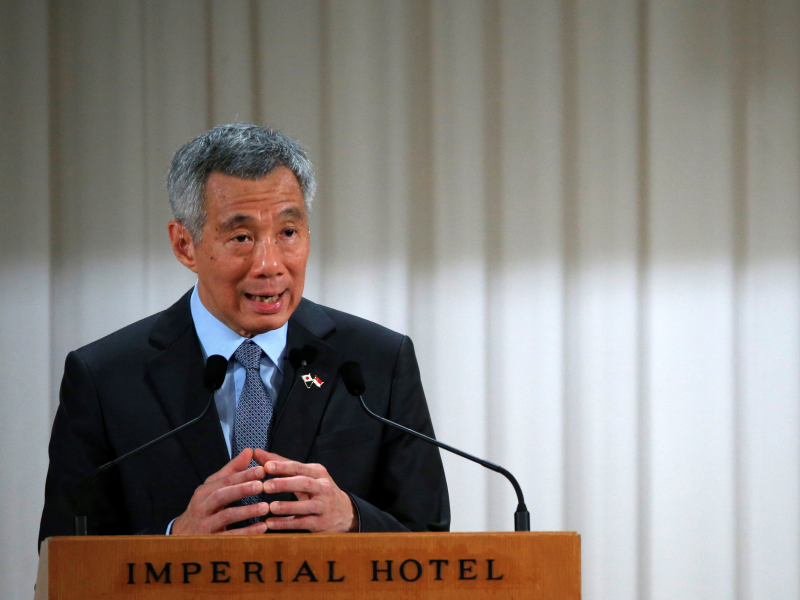
Schools have reopened with a combination of in-person and virtual learning, and employees may return to work, although they are encouraged to work from home.
On June 19, pools, shops, and parks could reopen. Tourism attractions - like Madame Tussaud's and Universal Studios Singapore - could reopen on July 1, and some resorts have begun to further reopen.
The Singapore-Malaysia border has now reopened.
Dubai has begun to slowly reopen.
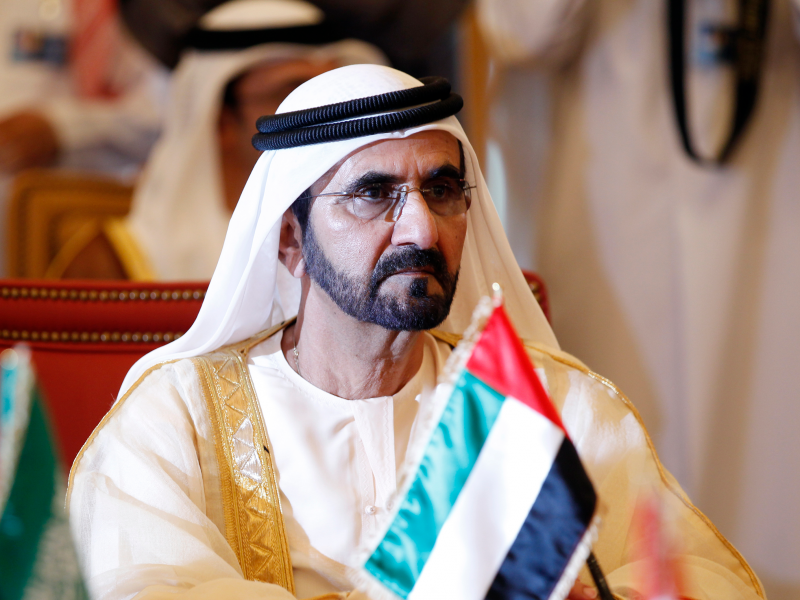
In Dubai, gyms, movie theaters, childcare centers, and retailers can open with a limited capacity, CNBC reports. Malls and private businesses have reopened, as well as water parks. It reopened for international tourists on July 7.
According to Gulf News, schools will reopen for in-person learning, but must offer 100% remote learning for parents who want it. Classes will begin on August 30.
Previously, it was forbidden to leave for exercise or even dog walks - and a police permit was required for every trip outdoors.
Panama and Peru both implemented measures restricting the days that citizens could be outside by gender, although both are now reopening.

In Panama, more businesses - as well as churches, hair salons, and stores - were allowed to reopen last week, according to VOA News. A study of its gendered lockdown experiment found that women seemed to be more willing to comply with lockdown measures, The Telegraph reports.
In Peru, police blockaded a highway and launched tear gas into crowds attempting to flee Lima during the lockdown, the Guardian reported. On Wednesday, family gatherings were banned and five more regions - making a total of 15 - were put on lockdown, according to US News & World Report.
Thailand has reopened schools, restaurants, and bars.
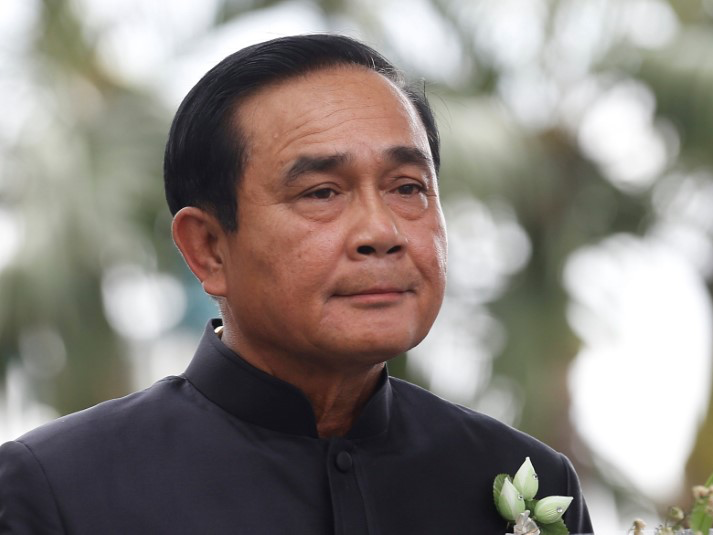
Thailand reopened schools, bars, and restaurants on July 1, according to the Straits Times. Pubs, massage parlors, and concerts had already reopened. According to VICE, the country may not reopen for international tourism until 2021.
The Phuket airport has reopened for domestic flights.
Russia eased restrictions and partially reopened borders, and is the first country to approve a vaccine.
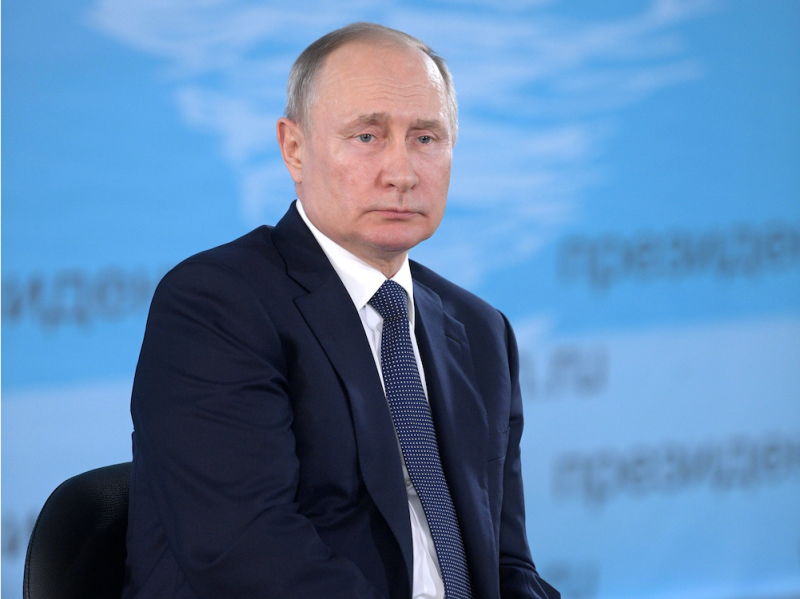
Moscow's lockdown restrictions eased on June 8, and the country has partially reopened its borders, Reuters reports. Moscow's final set of restrictions lifted on June 22. Different regions can decide when to reopen their restaurants, cafes, and hotels.
Russia is the first country to approve a coronavirus vaccine. The US reportedly declined offers from the country to help produce a vaccine due to lack of trust.
Russia previously closed its borders and canceled any international flights except for those bringing Russians home, CNN International reported.
South Africa has eased restrictions, although cases are now surging.

On August 17, almost all restrictions in South Africa's strict lockdown were eased, according to BBC News. Cinemas are set to reopen this weekend, per The Indian Express.
The country had originally gradually eased measures in June, but then reinstated them as cases rose.
The country will be closed for international tourism until February 2021.
Saudi Arabia has eased restrictions on mosques.
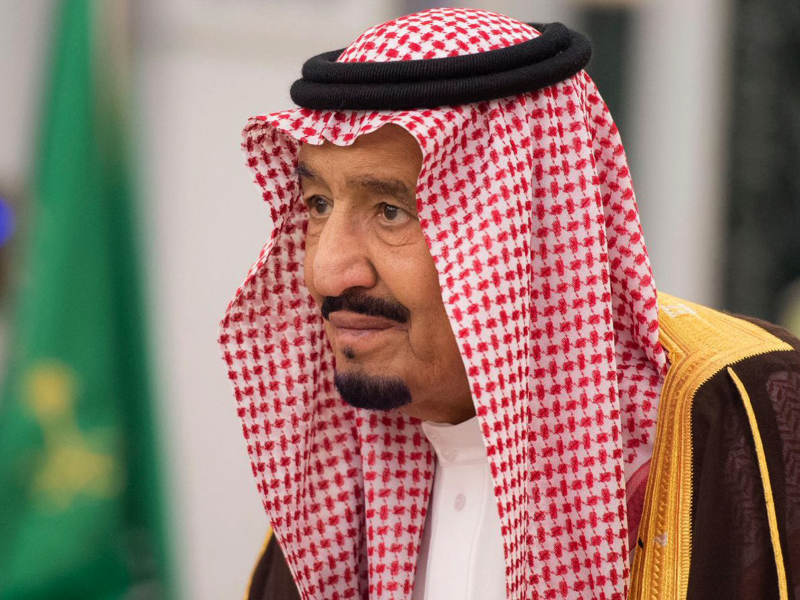
Mosques have reopened for socially distanced worship, and curfews across the country eased on May 31 - except in Mecca. All curfews have been lifted, and all economic and commercial activities are allowed to resume. Some US diplomats reportedly left after a surge in cases.
Minister for Hajj and Umrah Mohammed Saleh Benten previously asked that Muslims delay preparations for July's annual Hajj pilgrimage. A smaller pilgrimage of around 1,000 Muslims began on July 29, according to CNN.
In Colombia, two cities will move out of lockdown.
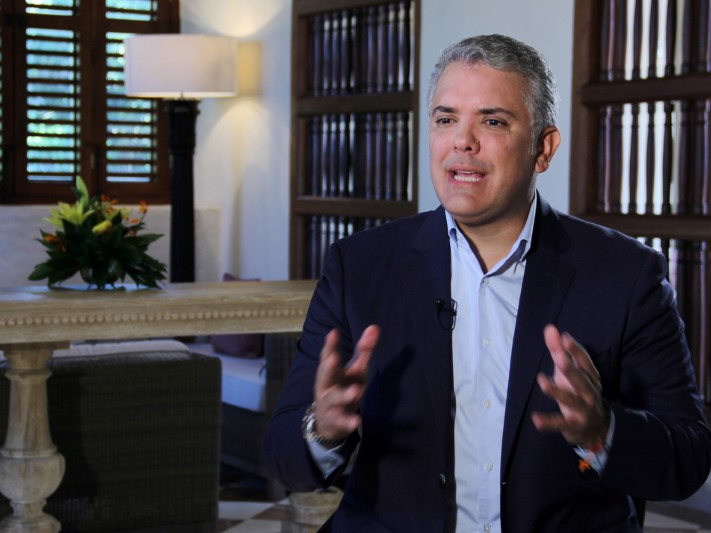
Lockdowns in Bogota and Medellin are now lifting, according to Colombia Reports. However, a national state of emergency has been extended.
In Australia, Melbourne is under lockdown.
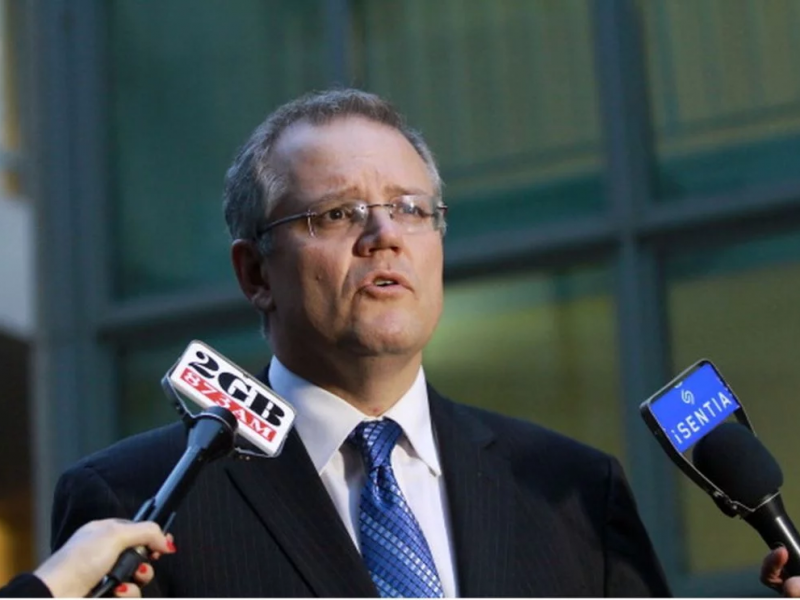
The country is facing a new wave of infections, and a strict lockdown in Melbourne will continue through September 13, according to the Guardian. There is now an 8 p.m. to 5 a.m. curfew in place.
States there have varying measures. The country had early success with its virus containment strategy, but has recently seen an increase in deaths, according to BBC News.
China implemented what was then the largest quarantine in human history to contain the coronavirus, locking down at least 16 cities at the end of January. The lockdown on Wuhan ended on April 8.
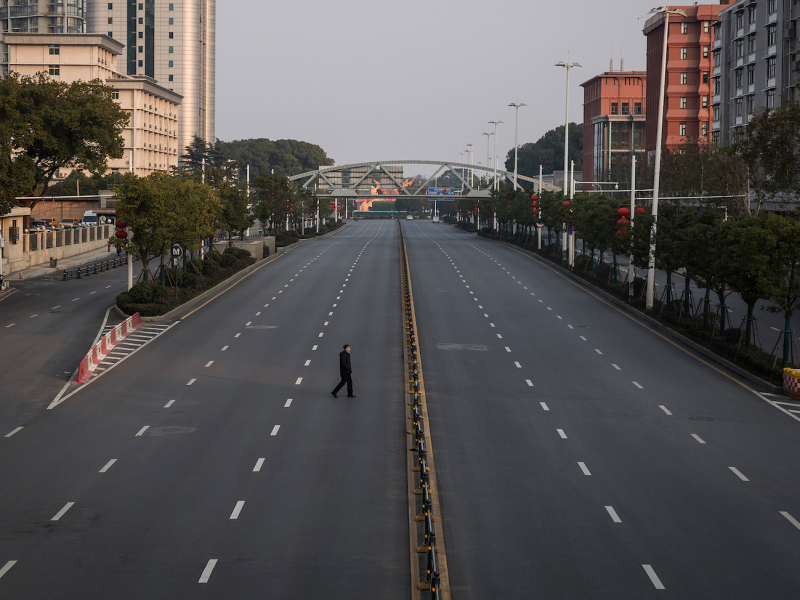
Urumqi, the capital of Xinjiang, went into a "wartime lockdown" on July 19, according to CNN, but a massive "testing blitz" has helped bring the surge under control. The Global Times reports that, while the city has had not confirmed cases for the past two days, it remains under lockdown. Per The Guardian, some have taken to posting online about harsh lockdown conditions.
On May 11, the city of Wuhan ordered that all 11 million residents be tested for coronavirus after six new cases were reported, ending the city's 35-day streak of no new infections. In two weeks, 6.5 million were tested.
At its peak, China's quarantine spanned at least 20 provinces and regions, according to the Wall Street Journal.
Jordan reopened mosques and churches. It is now seeing a rise in cases.
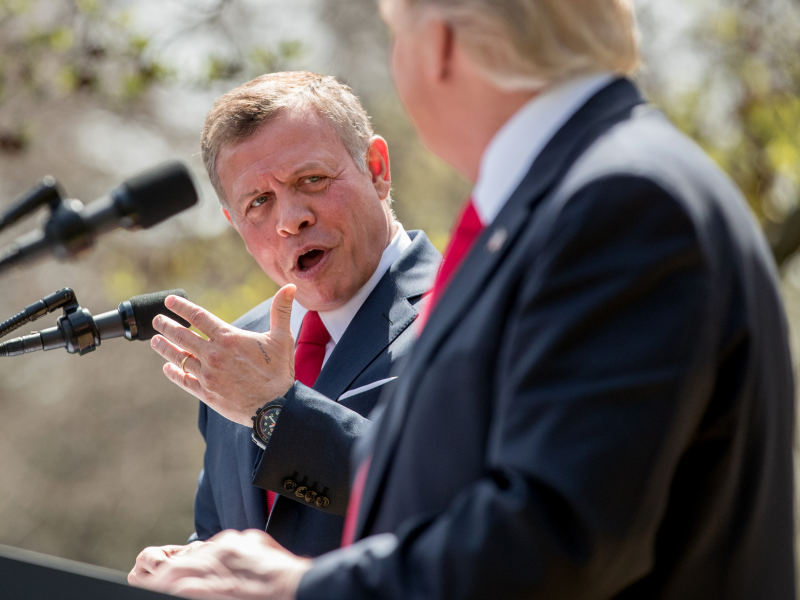
On June 6, Jordan's economy was allowed to reopen. The Al-Monitor reports that its international airport will reopen in August.
Mosques in Jordan could reopen on June 5, and churches reopened on June 7. Hotels and cafes could also reopen.
Following a rise in cases, curfews will be extended starting Tuesday, according to Arab News; restaurants have to close at 10 p.m., with curfews lasting from 11 p.m. to 6 p.m. Additionally, starting Friday, there will be 24-hour curfews in Zarqa and Amman.
Argentina went into a "preventative and compulsory" lockdown on March 21.
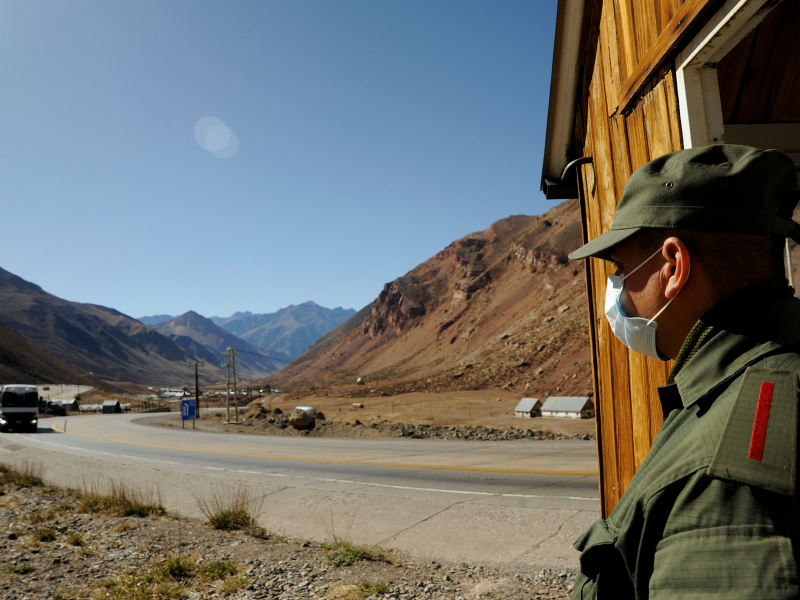
Reuters reports that the government announced its first stage of easing restrictions on July 17, although cases continued to increase. Stricter measures in capital Bogota will continue through August 31, according to Reuters.
The country has banned all commercial flight sales through September 1, the BBC reports.
Israel may go back on lockdown for the Jewish High Holy Days.
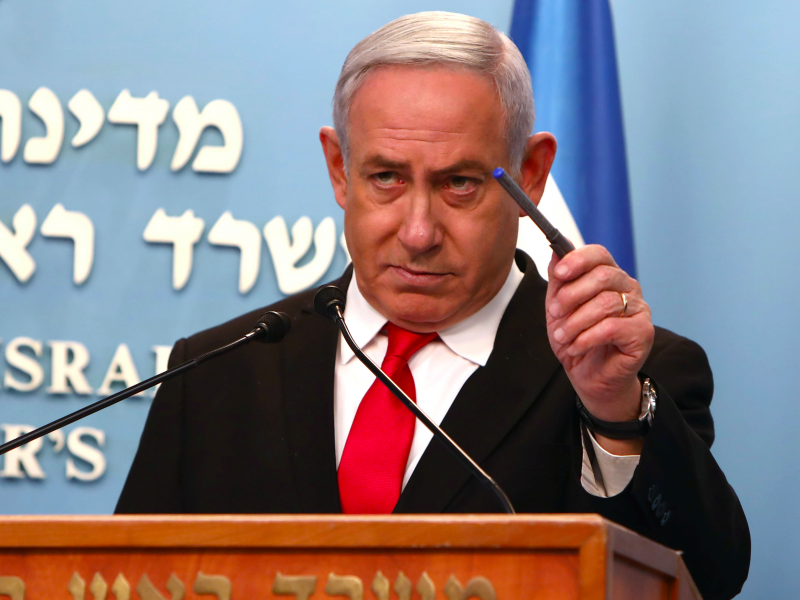
The country is facing a new surge of infections, and could potentially go into another lockdown, according to the Jerusalem Post. Schools are still set to reopen on September 1.
According to Reuters, Siegal Sadetzki, the country's public health director, quit as cases spiked; she said the economy had reopened too quickly.
And, according to the Jerusalem Post, the country's coronavirus czar will reportedly recommend a lockdown during the High Holy Days; the coronavirus cabinet will meet next Monday to decide upon a potential holiday lockdown.
In Belgium, shops and schools are open. Citizens can now have an "expanded personal bubble."
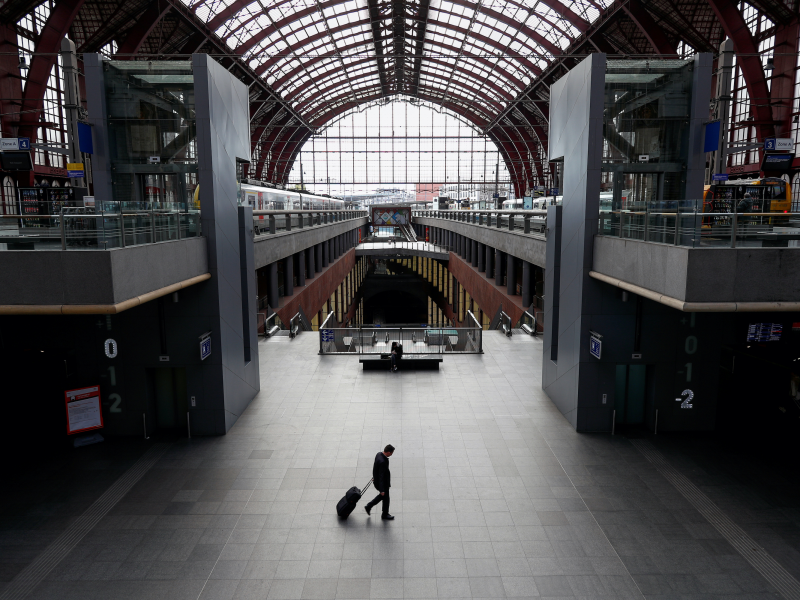
Following a surge in cases, the amount of people that citizens can have contact with has been reduced, along with the capacity for indoor and outdoor events. Pediatricians are urging the country to fully reopen schools in September, according to the Brussels Times.
Belgium reopened borders with EU countries on June 15.
On June 8, Belgian citizens could have an "expanded personal bubble," where they're allowed to have contact with 10 people a week, The Independent reports.
Schools could open on May 18 with strict distancing between children and reduced class sizes, and all stores were allowed to reopen on May 11 with virus-related restrictions, BBC News reports. Restaurants and bars began to open on June 8.
Euronews reports that everyone over the age of 12 will have to wear a mask on public transport; the government has pledged free masks to all citizens.
Malaysia reopened almost all economic activity starting June 10.
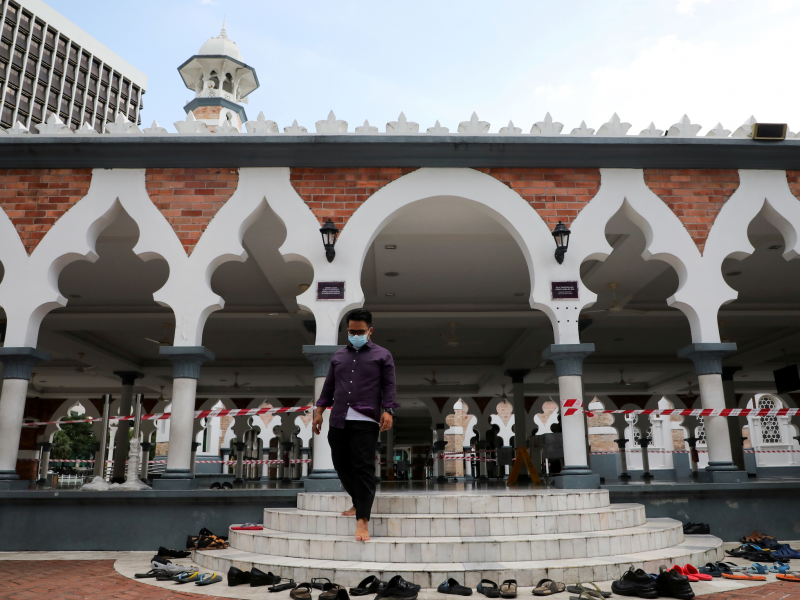
On June 10, restrictions on educational, social, and recreational activities eased, the Jakarta Post reports. Schools began to reopen in stages starting June 24. The border with Singapore has reopened.
The majority of businesses in the country could already reopen, Al Jazeera reports. Cafes and restaurants must practice social distancing and record those who eat there.
According to the San Diego Union-Tribune, over 21,000 violators have been arrested since the lockdown began.
The Czech Republic has seen a rise in cases.
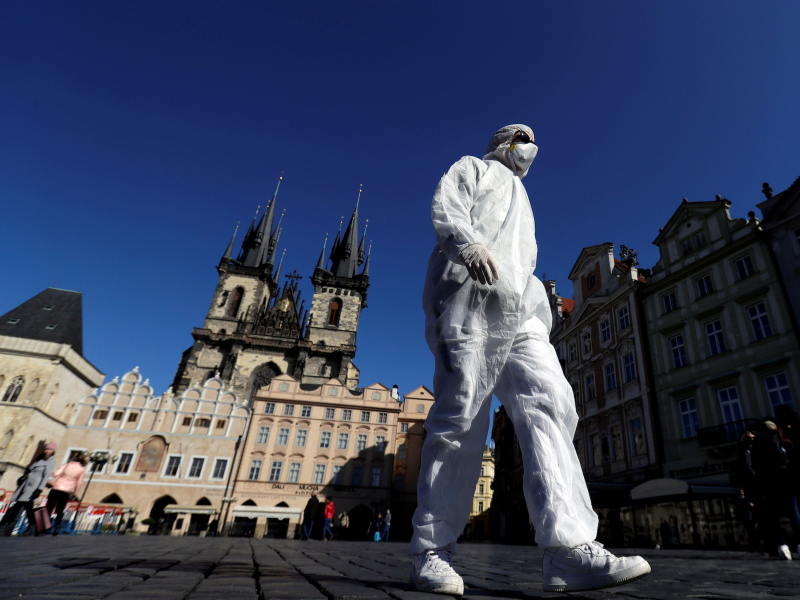
Following a rise in cases, residents will now have to wear face masks at indoor events with over 100 people, according to Reuters.
Universities have already reopened, as have some stores, libraries, and fitness centers. According to Reuters, local cases are spiking, and some restrictions have been increased in the northeast.
Hairdressers, shopping centers, and beer gardens have reopened, as have restaurants, theaters, and hotels.
On June 5, borders with Germany, Austria, and Hungary reopened.
France reopened bars, restaurants, and cafes.
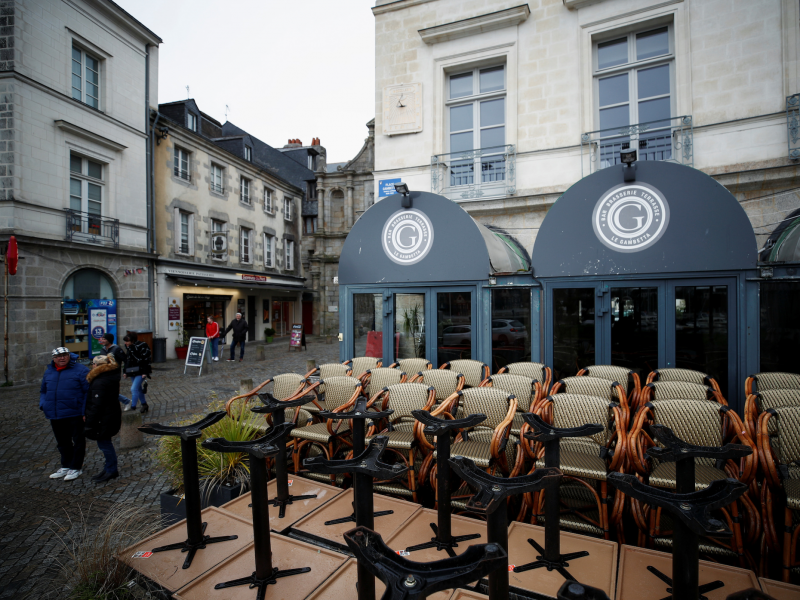
Cafes and restaurants can fully reopen, NPR reported. The Louvre has reopened with limited online reservations.
Following a rise in cases, mask wearing has become mandatory in more areas of the country, according to The New York Times.
On June 2, restaurants, bars, and cafes reopened for outdoor dining, as well as parks and gardens, Euronews reports. Secondary schools and high schools can also reopen, and nursery schools, primary schools, and junior high schools reopened with mandatory attendance on June 22.
Morocco has stopped domestic travel into several major cities.
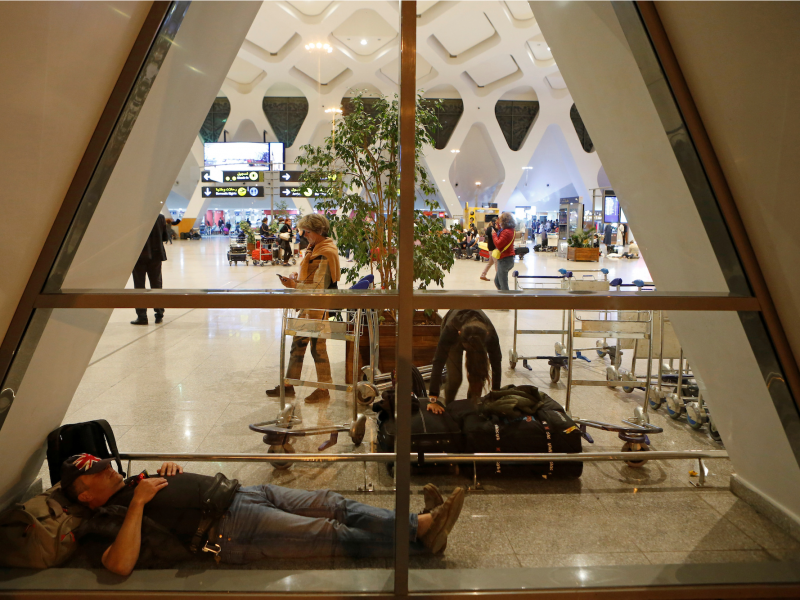
Following an ease in restrictions and a rise in cases, the country stopped allowing people to enter and exit several major cities at the end of July, Reuters reports.
Additionally, King Mohammed VI said on Thursday that the country could return to a complete lockdown, according to Reuters.
On June 11, shops, local commerce, and industries reopened. Domestic flights could resume on June 25.
The government has arrested at least a dozen people for spreading false coronavirus news, according to US News & World Report.
Schools in Kenya won't reopen until September.
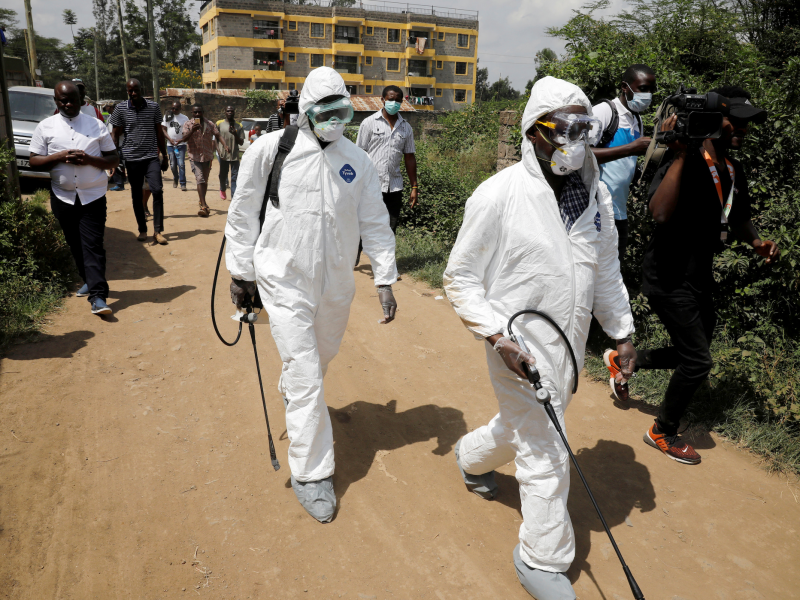
Pubs and restaurants are allowed to reopen, although schools won't resume until September. Al Jazeera reports that a phased reopening of the country began July 6, and international flights were set to resume on August 1.
"I want to assure you that my administration is at the forefront of managing this pandemic," President Uhuru Kenyatta said, according to Al Jazeera.
The Washington Post reports that Kenyan police have killed at least 12 people enforcing a dusk-to-dawn curfew.
Poland has mostly reopened, although some restrictions have been imposed following a spike in cases.

Clubs, theaters, and fitness clubs were allowed to reopen on June 6, The First News reports. The country opened for EU tourism on June 13.
Hotels, outdoor sports venues, and shopping centers are allowed to reopen, according to the Irish Times. Libraries, art galleries, and museums will also reopen on a "partial basis," and preschools can reopen.
However, as cases rise, cinemas, gyms, sporting events, and concerts have been banned in some counties, according to Reuters.
Per Reuters, the country is also still moving forward with school reopenings, even as cases rise.
Kuwait is under a curfew, and some areas remain locked down.
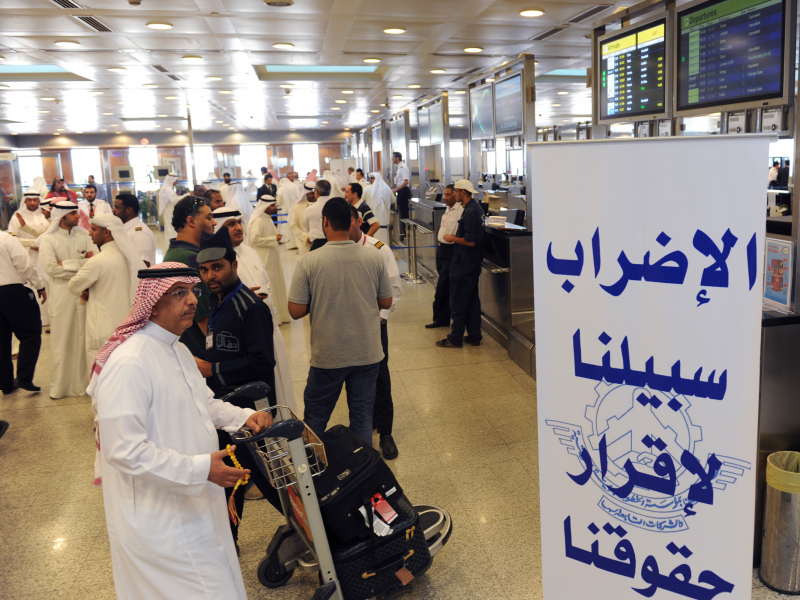
Kuwait entered phase four of reopening on Tuesday, Gulf News reports. Salons, gyms, tailors, and barber shops can reopen. Mosques reopened on June 10.
The country banned all commercial flights, and prohibited citizens from going to restaurants and gyms, The New York Times reported.
Ireland moved into phase 3 of reopening.
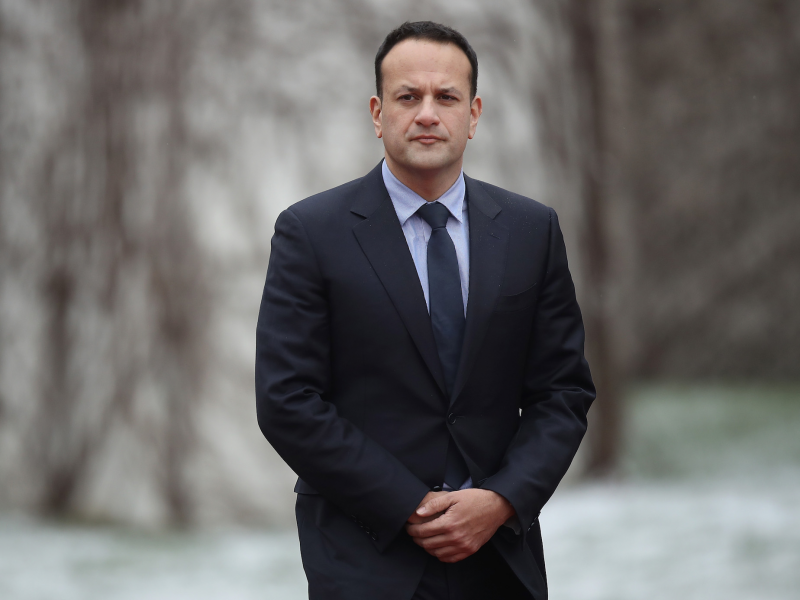
Starting June 29, restaurants, hairdressers, and pubs that serve food could reopen, BBC News reports.
Bars that serve only alcohol will not be able to reopen until at least August 31, according to Reuters - and they may not open at all this year. Public libraries can reopen, and sports teams can begin to train. Shops could reopen with social distancing, and travel restrictions were lifted on June 29, although visitors arriving from all but 10 countries must self-isolate upon return.
Schools in Ireland are set to reopen at the end of August.
Norway has significantly eased restrictions.
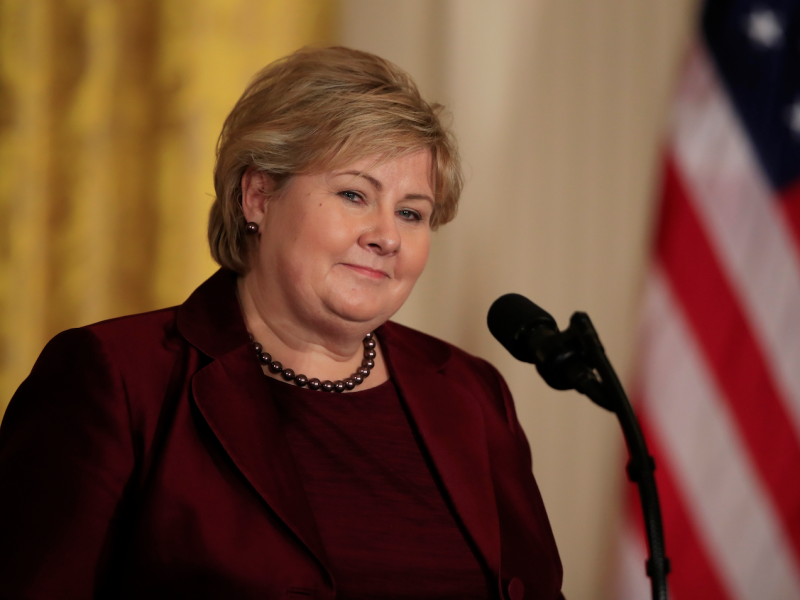
All schools other than colleges and universities have reopened.
Residents will continue to work from home, and major events are cancelled through at least June 15. Bars have reopened, as well as some movie theaters.
Small businesses - including hairdressers - have been allowed to reopen, Reuters reports. Travel restrictions will likely remain in place through August 20.
However, according to Reuters, the country is pausing on further reopening as cases rise.
El Salvador began to reopen its economy on June 16.
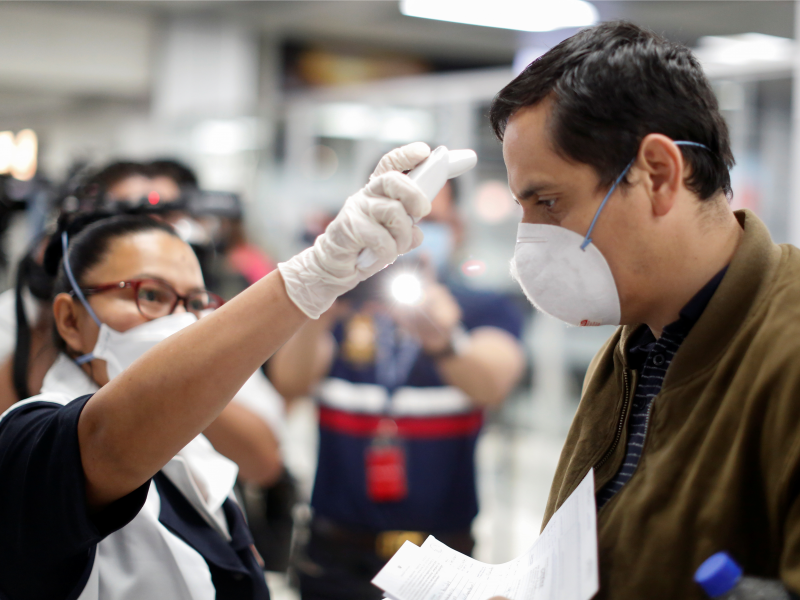
Voice of America News report that businesses in El Salvador are now allowed to open without restrictions.
El Salvador's latest lockdown ended on June 6. The economy slowly began to reopen on June 16; the second stage of reopening, which was set to begin on July 21, was delayed, according to Reuters.
President Nayib Bukele's initial reopening plan was declared unconstitutional by the country's Supreme Court, according to US News & World Report.
Citizens have been under a strict curfew - only one person from each family was allowed to leave to procure essential goods.
Those who did not comply with quarantine orders could be sent to contingency centers, where they would be required to quarantine for 30 days.
Denmark was the first European country to reopen primary schools.
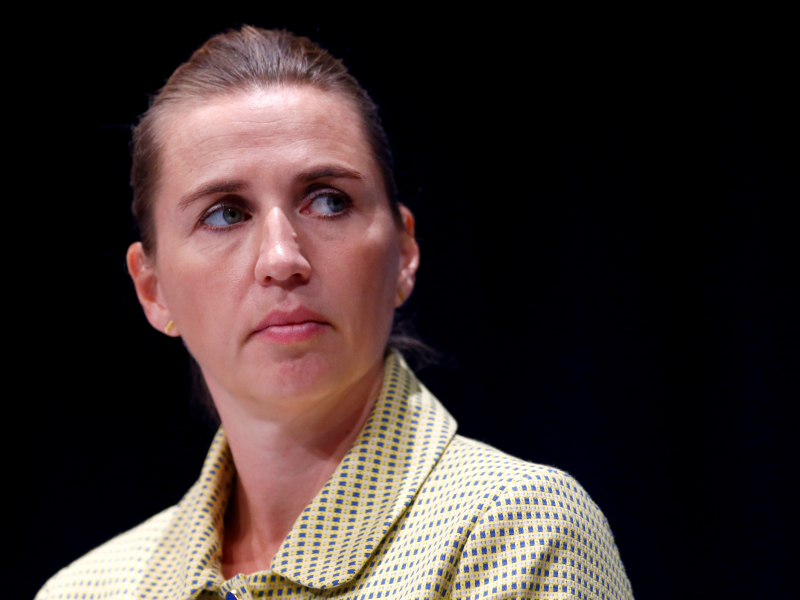
Denmark was the first European country to reopen primary schools; stores, hairdressers, restaurants, theme parks, and museums are also open.
However, following a surge in cases, masks will now be mandatory on public transportation, according to Reuters.
Sweden has drawn attention for its "low-scale" lockdown, with businesses and schools still open. It's unclear how effective the plan has been.
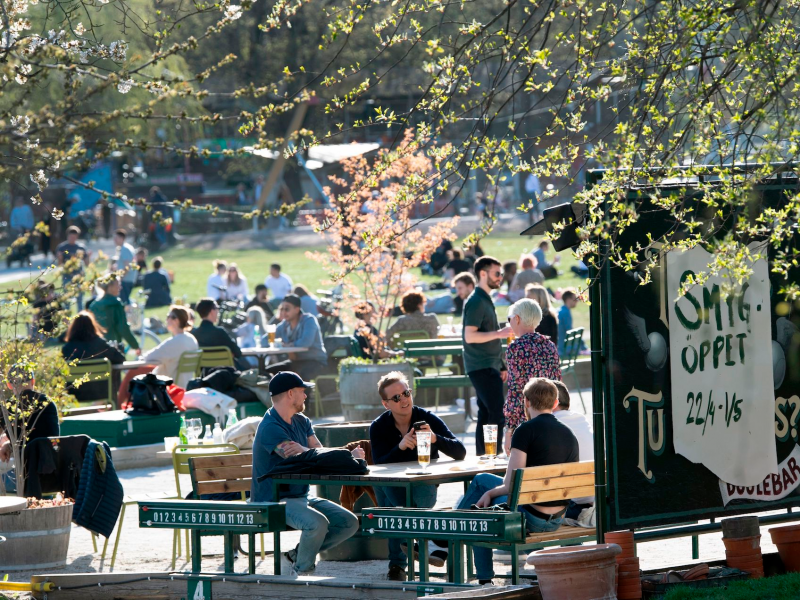
The country is notable for its "low-scale" lockdown. Gatherings of more than 50 people are banned and high schools and universities are closed - but primary schools, restaurants, and many businesses are still open. Its death rate is almost six times that of Norway and Finland.
But the country now seems to be bringing the virus under control, Bloomberg reports.
The scientist behind the country's plan was unsure whether it made the right decision. The country likely won't avoid pandemic-related economic fallout.
"I'm not convinced at all," state epidemiologist Anders Tegnell told Swedish newspaper Aftonbladet. On "The Daily Show with Trevor Noah," he said that the "death toll really came as a surprise to us." Scientists in the country have also spoken out against the approach; testing in the country has lagged, and a commission has been formed to evaluate its response. A University of Virginia analysis found that the choice not to lock down led to more deaths.
While Norway and Denmark will allow citizens to travel between the two countries, neighboring Sweden has been excluded.
Many countries have also closed borders to prevent international travelers from spreading the virus.
These countries include:
- Canada's borders won't reopen for Americans until at least September 21. Schools are set to reopen in a few weeks.
- Latvia reopened its borders with Lithuania and Estonia on May 15, and its state of emergency ended on June 9. It has reopened for tourism.
- The Maldives reopened to tourists on July 15.
- North Korea has shut down airline flights and train service with neighboring countries, and established quarantines for recent travelers. It recently lifted a lockdown on a city bordering South Korea.
- Qatar stopped all incoming flights to the country and shut down shops in main commercial areas. It entered its first phase of reopening on June 15, and restaurants, parks, and mosques could partially reopen on July 1. Borders began to reopen on August 1.
- Slovakia closed its borders to non-residents on March 15, and banned public events. Businesses have started to reopen, and the country is in the final stage of lifting restrictions. Face masks are no longer required there and the country will allow travel between 16 European countries.
- Ukraine closed its borders for foreign citizens on March 17, after the first death from the virus within the country. A national lockdown there will remain in place through at least August 31.
- Croatia has reopened hotels and campsites. Cinemas there will reopen on August 20.
- In Portugal, hair salons, repair shops, dry cleaners, and other businesses have reopened. In public spaces, masks are mandatory.
Katie Warren, Holly Secon, and Sarah Al-Arshani contributed reporting.
